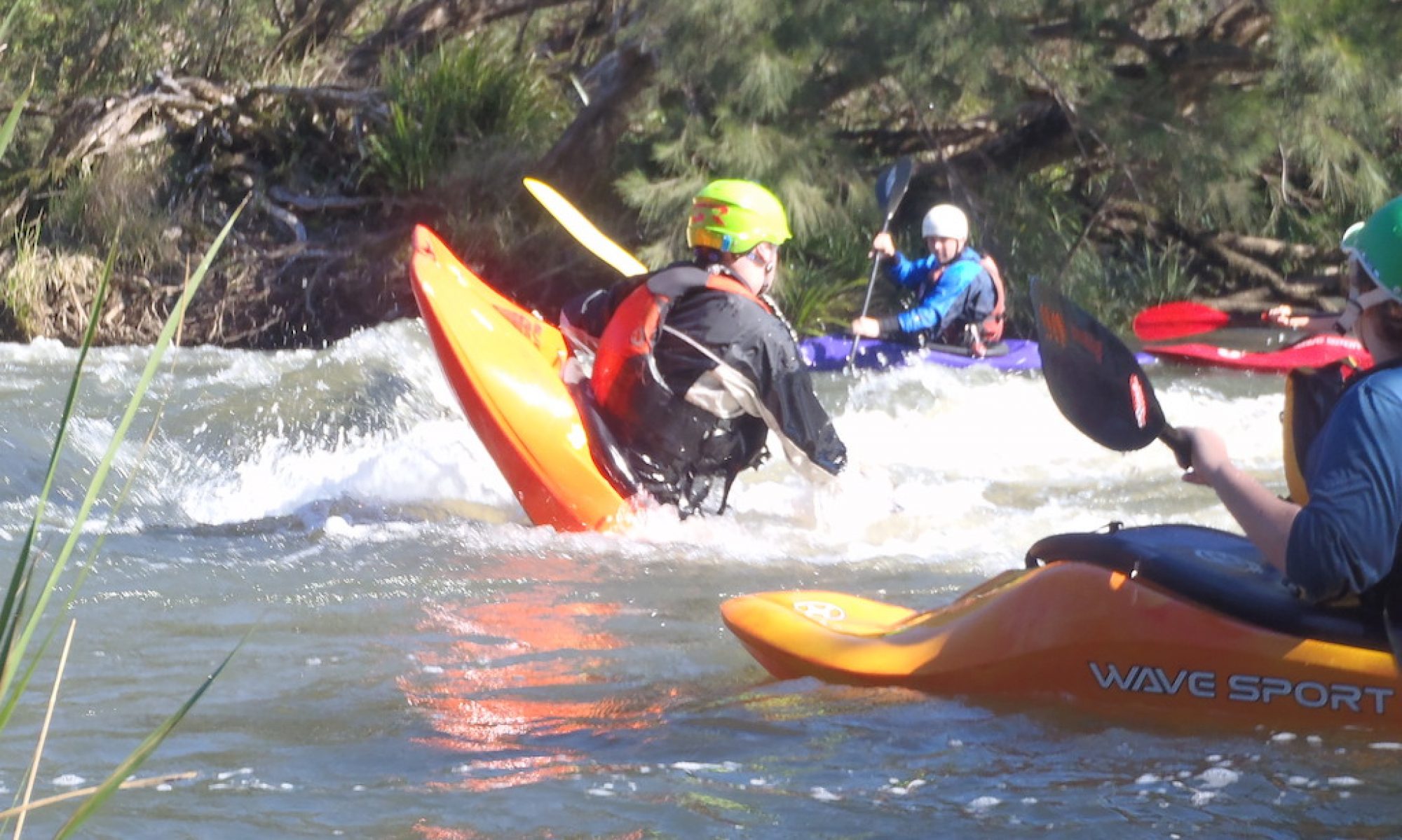There are currently major Wivenhoe dam releases underway. This effects the river downstream and the conditions are not currently safe for normal club river paddling such as flatwater.
The club has temporary stopped river paddling from the shed until further notice (ie until we are satisfied the river releases and their downstream effects have subsided).
UQ sport will not provide keys to you. If you have any issues, please contact the club committee.
Downstream effects during these dam releases and strong flows include –
- Strong, continuous, outgoing current – there is the potential that flatwater paddlers will not be able to paddle against this current, or may be swept into overhanging branches and pontoons where there is no longer any clearance (strainers). They could become pinned (the water pushes them and the boat against something and pins them there. Especially if they capsize (which is much more likely).
- Higher than normal water levels – tree branches and pontoon ramps mayno longer have clearance and become strainers for paddlers
- Debris – there is a large amount of fast moving debris in the water. Not just a large amount of of branches, but also there are entire trees and some pontoons as well as other rubbish. Sewers have been known to overflow into parks and creeks and ultimately the river during these kinds of events.
- Eddies – The fast flow results in large eddies (water flowing the other way) in places along the side of the river. This generates eddy lines (and small whirlpools) which can be difficult to navigate – especially for the inexperienced or those in very tippy boats.
Club grade 1 and 2 white water activities are an invaluable means of learning about moving water and for building the experience to recognise, avoid, handle, and even enjoy it. You’ll become familiar with rapids, eddies, strainers, pinning, etc. This is all something you can encounter at a lower level if you come across moving water while paddling flatwater boats and sea kayaking.

